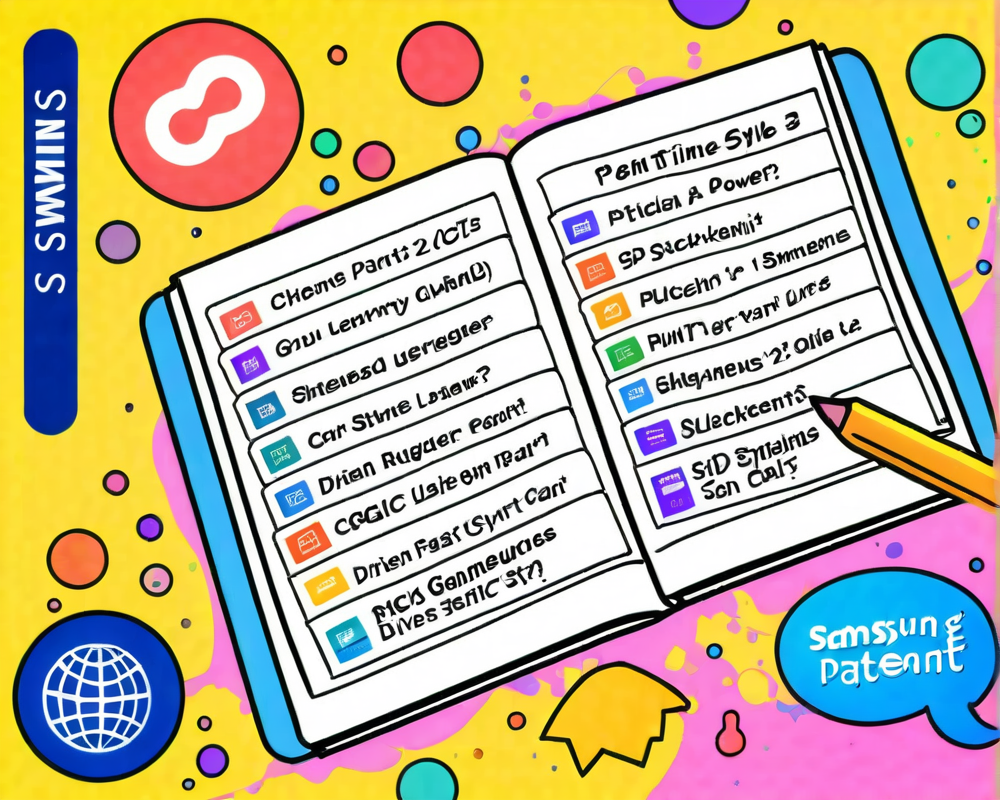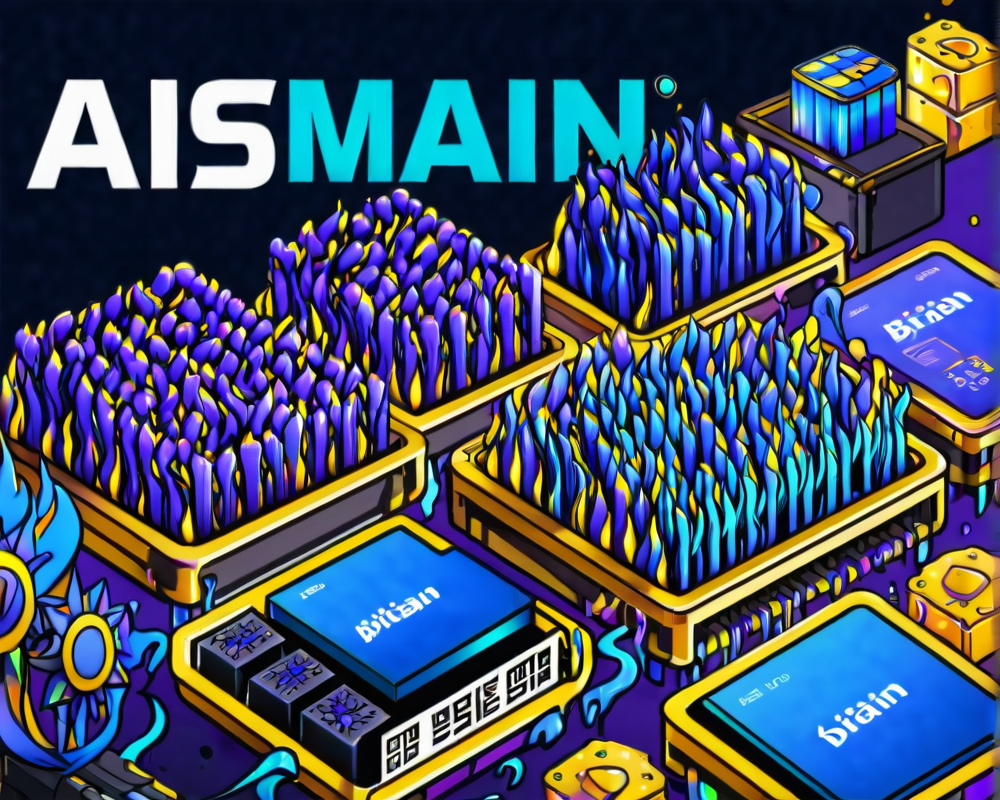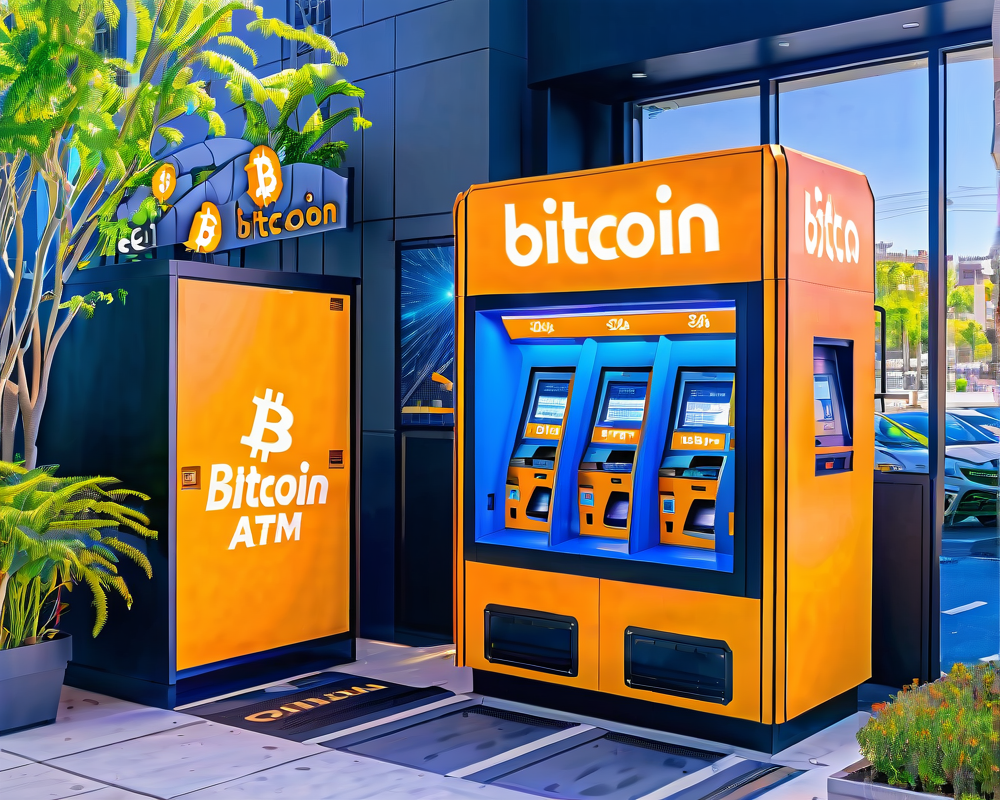The Controversial Decision
In a surprising turn of events, gaming giant Valve has decided to ban any content associated with cryptocurrencies and nonfungible tokens (NFTs) from its popular Steam marketplace. This decision hasn’t gone unnoticed. A coalition of industry advocates, including the digital rights group Fight for the Future and the Blockchain Game Alliance, are firing back with a vocal call for Valve to reconsider its stance.
What Sparked the Outcry?
The uproar began following Valve’s update to its onboarding process, which clearly stated that no applications utilizing blockchain technology that allow for the exchange of cryptocurrencies or NFTs would be welcomed. In an open letter, advocates argue that this prohibition could stifle innovation in gaming and prevent the industry from exploring new possibilities.
Space for Innovation
“Blockchain games are pioneering a number of new concepts that will invigorate the gaming industry for players and publishers alike,” remarked Sebastien Borget, president of the Blockchain Game Alliance. He emphasized that blocking this sector at such a critical juncture is akin to ignoring the vast potential for growth and creativity.
Decentralization: The Future of Gaming?
Advocates argue that decentralized frameworks like decentralized autonomous organizations (DAOs) and NFTs can enhance blockchain games significantly. They promote more democratized and interactive systems that put players at the forefront. Fight for the Future stated, “Please consider changing your stance on this issue and permit tokens and, more broadly, the use of blockchain tech on the Steam platform. Don’t ban blockchain-based games on Steam.”
The Financial Angle
Critics warn that Valve’s move could also hinder its own financial success in the evolving gaming landscape. With unique wallets connected to decentralized applications in gaming hitting around 754,000 in Q3 2021, the demand for earn-as-you-play models is rising. Players frequently engage with in-game NFTs and tokens, making a strong case for the integration of these systems into mainstream platforms.
Attempts to Settle
Witek Radomski, CTO of Enjin, highlighted the necessity for interoperability in blockchain gaming. He stated in a recent Reddit AMA, “With blockchain, you can’t put the genie back in the bottle and try to centralize it.” This emphasis on collaboration and standardization could be key in ensuring the future of the gaming ecosystem remains unified rather than fragmented as it evolves.
A Look Back at Valve’s Crypto History
This isn’t Valve’s first dance with cryptocurrency. The company made a splash back in 2016 declaring support for Bitcoin payments, only to backtrack due to high transaction fees and volatility. Furthermore, the controversy resurfaced when Valve yanked a game that reportedly was mining cryptocurrencies by commandeering users’ computers.
Conclusion: The Road Ahead
As this situation unfolds, the community watches closely to see whether Valve will yield to the pressures of innovation and financial opportunity or maintain its current course. Only time will tell if the gaming giant will truly heed the cries from the blockchain world.




